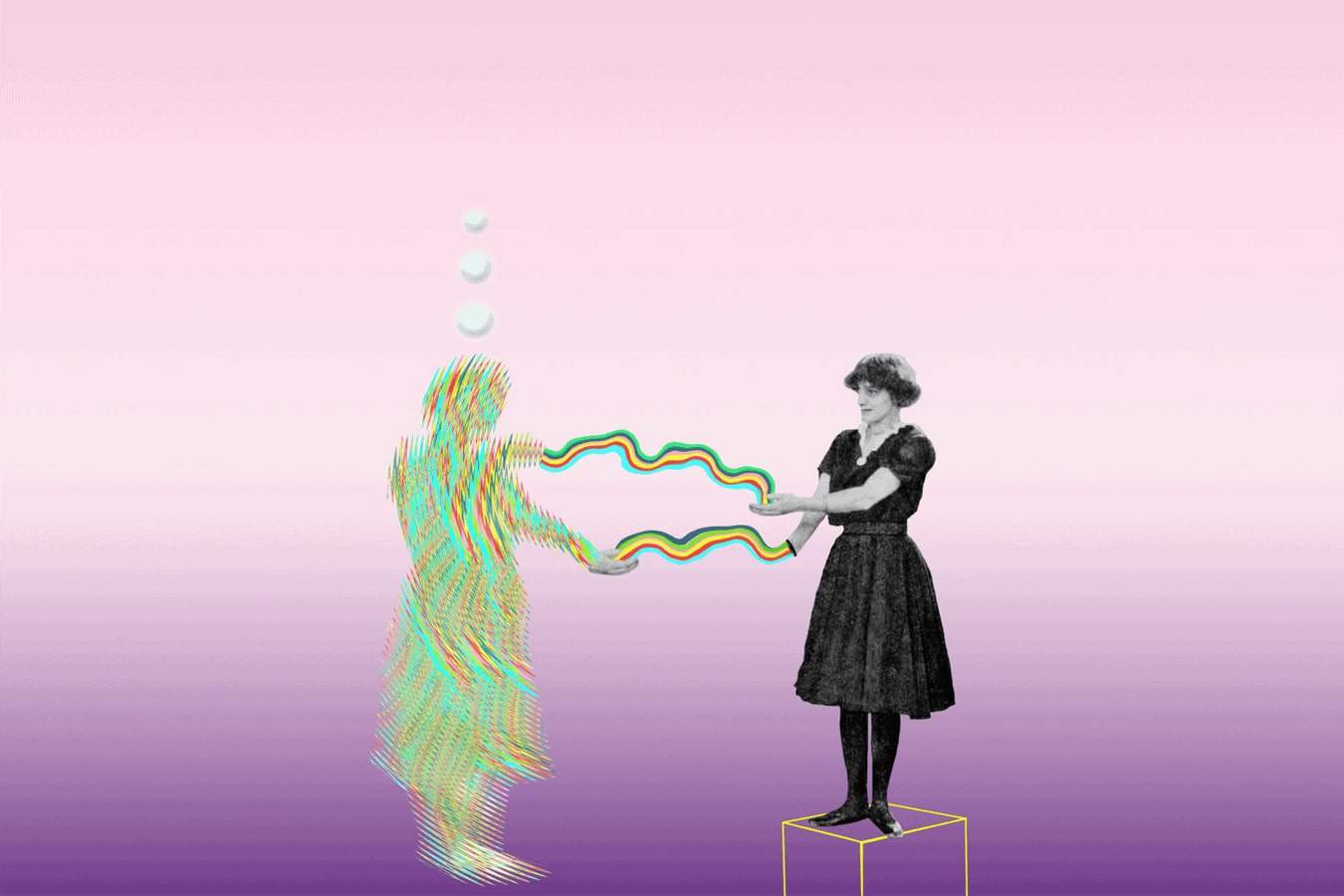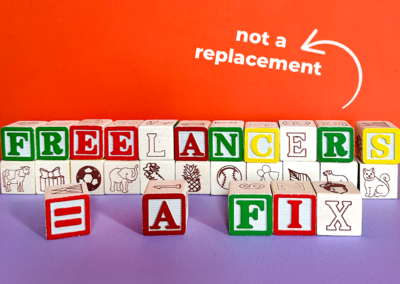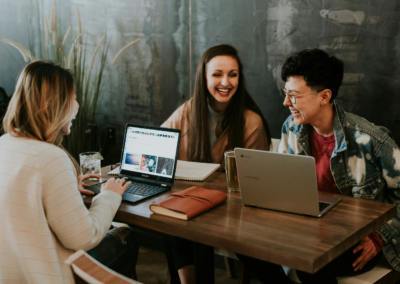As humans, we seek out personalization, social and personal connections, and experiences. All things that provide value to live events, yet the very same things that were put on pause by the pandemic. Attempts to reach out and touch people during such an unfathomable time in global history hold a dark truth — one that largely didn’t sink in for the general public or garner media attention until recently: people in the events industry are suffering. “Maintaining a social distance” and “hosting an event”are like oil and water. Many event producers clamored to adopt the virtual model, but they represented a population of people being left in the shadows.
People like me, whose main job is to bring others together, transport them to a fantasy world, or perhaps help them momentarily forget their troubles – who have dedicated their entire careers to bringing people together – have borne the brunt of the economic slump brought on by COVID-19. “Together apart” has been a widely accepted slogan woven into the “new norm” narrative with virtual formats dominating the evolved live event industry. But the weight of screen fatigue has been an unanticipated consequence, further undermining the drowning arts industry.
As an event professional dedicated to her craft, I joined my colleagues in finding a way to pivot despite the uncertain territory. I felt personally responsible for brainstorming ways to keep my industry alive because experiential marketing was already in need of an overhaul. In recent years, industry experts have increasingly cited an unbalanced spotlight on instagrammable activations, a diminished focus on human interaction, and lack of sustainable practices as the beginning of the end. “People have been creating these attractions, these oddities and wonders, but now with Instagram and because everyone has these super-high-powered cameras on their phone, they want to share what they’re doing and who they’re with,” says Tyler Balliet, founder of the popular Rosé Mansion in New York.
Despite that, my gut reaction was to reject the virtual format. I personally didn’t think telecommunication platforms were a long-term solution that effectively simulated the engrained human tendency for togetherness, and I had no intention of adding “Virtual Event Producer” to my resume.
With the wrongful expectation that COVID would be contained within a few months, I created an online course for small businesses and brands to learn the basics of experiential marketing. My hope was that after taking the course, businesses would be primed to host memorable reopening events post-pandemic. I detailed how to connect with people based on sociology and psychology, and explained how well-curated experiences build audience loyalty and advocacy. It soon became clear that the end of the pandemic was not within reach. Overwhelmed, I threw my hands up and turned to the heartbreaking choice of leaving my industry altogether – or so I thought.
Having to grapple with the now unavoidable question, “What happens to a dream deferred?” I asked myself all sorts of soul-searching questions to explore what other options lay ahead. I pivoted yet again, questioning what could carry the same weight as a live event. Knowing the answer was nothing, I turned to picking up a new skill that would carry me into the ever-evolving digital world.
I reflected on my college experiences, and recalled completing a few short coding exercises. I decided to explore software engineering for 90 days to see if it had any legs as my new career. Was I really going to do this? It was higher paying and essentially pandemic-proof. After all, tech was booming now that cloud based remote work and online learning had pretty much become a household standard.
A few weeks into my code journey, an idea hit me: “What if virtual events happened in virtual reality? Is this even possible?” I dug into hours upon days of research, and discovered that late last year, Rap artist, Travis Scott had partnered with gaming giant Fortnite to put on a virtual concert inside the video game – one of the first of its kind. I kept digging. The programmatic Gods served me ads for all of the innovative intersections between tech and live events, and this “crazy” idea started feeling like a real possibility. On Monday October 19th it happened: Janelle Monáe and HBO crafted a full virtual reality concert for the finale of “Lovecraft Country”. It was the first of its kind.
Just like that, the possibility of doing what I love was restored, but in a fresh way with a new perspective on the future of “together”.
More important than the confirmation of my personal “aha” moment, a new path was paved for the live events industry – at least for a fraction of the people it takes. While VR will never replace in-person events completely, it will certainly continue to be a growing share of the events market. There’s room to redefine “togetherness” without losing its essence, and its use cases are already being explored and implemented on a small experimental basis. As explained in a recent Rosie Report article, VR is still a developing technology, but is paving the way for content creation. In addition, VR is entering workplace conversations for diversity, equity and inclusion training, and has now found its way into the future of events, with Facebook’s new Oculus Quest 2 “Venues” feature promising actual live events streamed right to the headset. Oculus and Tidal have partnered for a series of such concerts, which kicked off on October 9th with Charli XCX .
Though the future is still largely uncertain, there is a small, but bright light at the end of the tunnel for a population of people who stand mostly in the shadows as their industry remains on hiatus. To say it will take a concerted effort to realize such innovation on a widespread scale would be a gross understatement. It will be the responsibility of tech innovators to bridge the digital divide as we move into this evolving “new normal”. Fortunately, for what seems like the first time since March, live events might just have a leg to stand on, and that is something worth holding onto.



